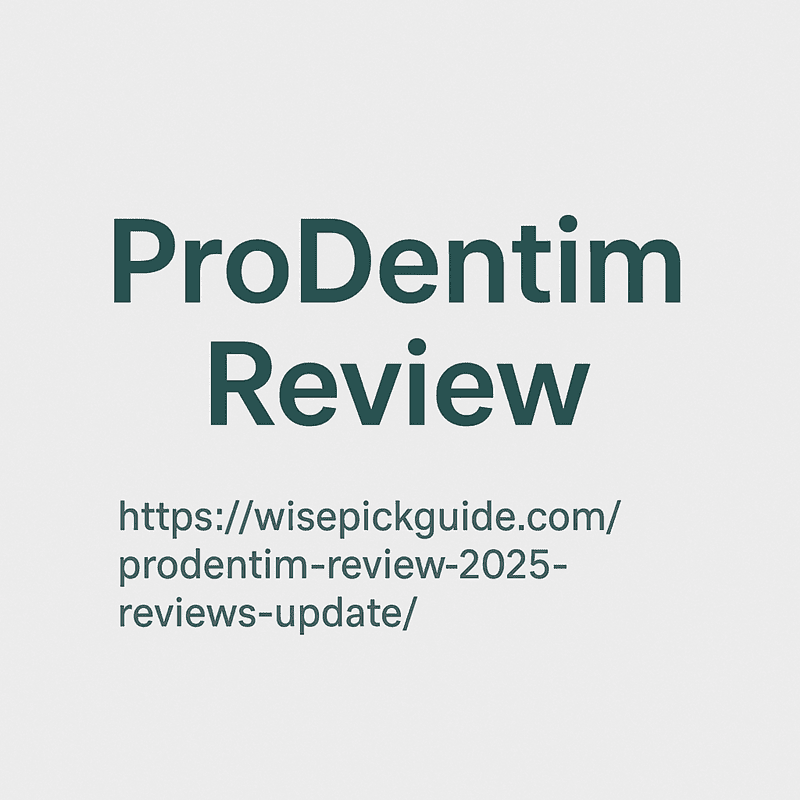Introduction to Modern Oral Health
In today’s fast-paced world, oral hygiene has become as routine as our morning coffee. Mouthwash, once a luxury, is now a daily staple for millions. Marketed as a quick fix for fresh breath and a sparkling smile, it’s no surprise that many trust it as a crucial part of their oral care routine. But here’s the catch—what if your mouthwash is doing more harm than good?
The truth is, not all mouthwashes are created equal. And the #1 mistake most people make? Using harsh, alcohol-based mouthwash that disrupts the delicate balance of your mouth’s microbiome.
The Role of Mouthwash in Oral Care
Mouthwash has come a long way since its antiseptic origins. Historically used in hospitals for wound disinfection, it was later adopted for oral hygiene due to its bacteria-killing properties. Its benefits include:
Fighting bad breath
Reducing plaque
Preventing gingivitis
However, those benefits come with a caveat: they’re only effective when used properly and sparingly—with the right formulation.
The Overlooked Microbiome in Your Mouth
Your mouth is home to over 700 species of bacteria, most of which are essential to your health. These “good” bacteria:
Prevent overgrowth of harmful bacteria
Help digest food
Support your immune system
A healthy oral microbiome keeps your teeth, gums, and even your gut health in check. Unfortunately, alcohol-based mouthwashes don’t discriminate—they kill everything.
The Science Behind Harsh Mouthwashes
Most commercial mouthwashes contain ethanol (alcohol), chlorhexidine, or cetylpyridinium chloride, which can:
Disrupt cell membranes (killing bacteria)
Dry out oral tissues
Lead to inflammation and increased risk of cavities
Research published in the Journal of Clinical Periodontology shows that excessive use of such products may increase the risk of high blood pressure due to reduced nitric oxide production in saliva.
The #1 Mistake – Killing Good Bacteria
Here’s the big mistake: assuming that killing all bacteria is beneficial.
This approach leaves your mouth vulnerable to:
Bad breath (yes, ironically!)
Canker sores
Tooth sensitivity
Even gum disease
By wiping out the beneficial bacteria, you’re creating a vacuum that harmful microbes rush in to fill. It’s like clear-cutting a forest to get rid of weeds—it just doesn’t work in the long term.
Signs You’re Using the Wrong Mouthwash
Not sure if your mouthwash is the culprit? Watch for these red flags:
A stinging or burning sensation
Persistent dry mouth
Receding gums
Cavities despite good brushing habits
Strong artificial minty aftertaste
If any of these sound familiar, it might be time to rethink your rinse.
Why a Balanced Oral Microbiome Matters
Maintaining a diverse oral ecosystem isn’t just about fresh breath. A balanced microbiome:
Boosts your immune defense
Helps reduce inflammation
Protects against digestive issues
Even supports heart health
It’s all interconnected—your mouth is the gateway to your body.
Ingredients to Avoid in Commercial Mouthwashes
Stay away from:
| Ingredient | Why to Avoid |
|---|---|
| Alcohol (ethanol) | Kills good bacteria, dries tissues |
| Chlorhexidine | Linked to blood pressure increases |
| Sodium Lauryl Sulfate (SLS) | Causes irritation and ulcers |
| Artificial dyes/flavors | Offer no benefit, may cause allergies |
Natural & Smarter Alternatives to Mouthwash
Opt for microbiome-friendly rinses like:
Essential oil-based rinses (with tea tree, peppermint, clove)
Saltwater rinses (gentle yet effective)
Aloe vera-based mouthwashes
Oil pulling with coconut oil
These alternatives maintain the bacterial balance and support gum health naturally.
Recommended Alcohol-Free Mouthwash Brands
Try these reputable options:
TheraBreath Fresh Breath Oral Rinse – Oxygenating and pH-balanced.
Hello Oral Care Natural Mouthwash – No alcohol, no artificial sweeteners.
RiseWell Balancing Mouthwash – Fluoride-free and prebiotic-powered.
Each of these supports a healthier oral environment without the sting.
Conclusion: Make a Smarter Switch Today
By now, it’s clear that the #1 mistake you’re making with mouthwash is using one that harms your oral microbiome. Good oral care isn’t about nuking every bacterium in your mouth—it’s about nurturing balance. And that starts with smarter choices.
🌿 What About ProDentim?
One of the most promising developments in oral health is ProDentim, a revolutionary dental supplement that focuses on repopulating your mouth with good bacteria. Rather than eliminating everything, it works by:
Introducing 5 clinically researched probiotic strains
Supporting gum health and fresh breath
Promoting healthy teeth and overall oral flora balance
This makes it an ideal companion to a gentle, non-alcoholic oral care routine—especially for those looking to rebuild a damaged microbiome caused by years of harsh mouthwash use.
📘 Want to learn more? Check out real user feedback, detailed pros and cons, and expert reviews at:
👉 https://wisepickguide.com/prodentim-review-2025-reviews-update/
